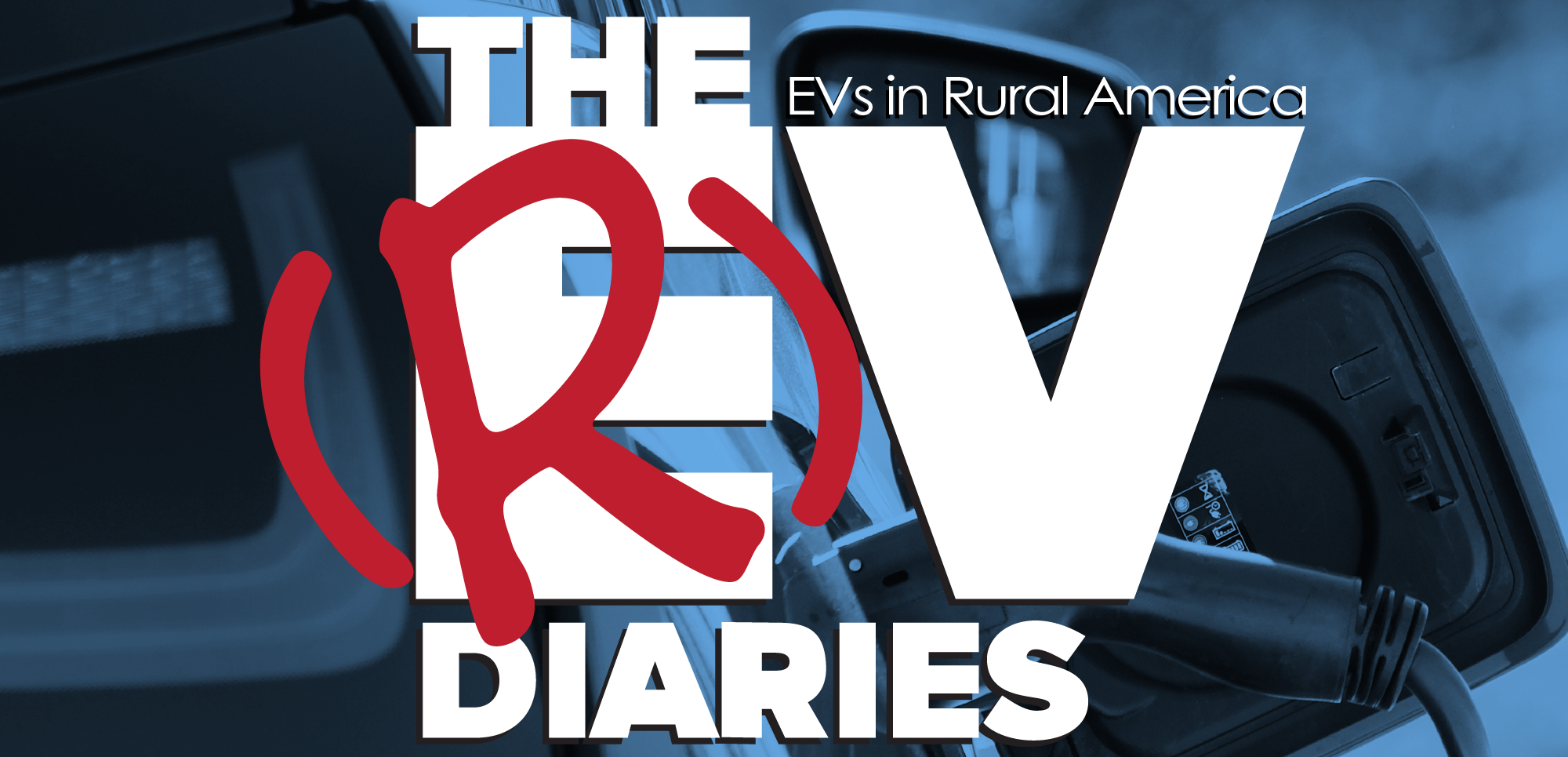Can you imagine a EV that you could drive across the US, from sea to shining sea, without having to stop and charge? Now, you’ll have time to check out the World’s Largest Ball of Twine and The Grand Canyon simply because you’re not looking for infrastructure and can focus on the world around you. That’s the promise of the coming future.
We have said numerous times, we are just one breakthrough away (maybe several) from solving the entire clean energy problem for the entire globe. On a smaller, yet related, scale, we are one breakthrough away from higher performance, more efficient electric vehicles with longer ranges and faster charging times.
Currently in Korea at the Pohang University of Science & Technology and at Purdue University here in the U.S., researchers have unlocked 3000 mile battery technology in two different forms.
First, researchers at Pohang, have discovered a way to make battery anodes (where the energy is stored) that hold 10X more charge by using silicon instead of graphite. Using silicon has long been a sought after technology, but until now, the silicon would expand making it unusable. But now, that problem seems to be solved and the potential 3K mile battery is officially a thing.
For me, being the inquisitive person I am, my first question is how long would it take this thing to charge and how many cycles will it last? Okay, technically that’s two questions, but the idea remains. I am assuming, since motors have not improved on efficiency, that this 3K miles would come from a 1000 kWh battery at roughly 3mi/kWh which is what we see from current technology. Charging a battery that size would take a minute… or two.
At 150 kW DCFC, this battery from dead to fully charge would take almost 7 hours. At home, you’re looking at 4 days… just sayin’. That’s how the math works.
Meanwhile, half way around the world, professors and students have built a flow battery that lasts for potentially 3000 miles as well and works more like a traditional “gasoline model”. A flow battery works by using an electrolyte to erode the anode of the battery, freeing those ever-necessary electrons to pass through the electric motor on their way to the cathode. The electrolyte is only good for about 300 mile, but is easily and quickly pumped out of the fuel cell and replaced. The electrolyte is water-based and is recyclable.
At some point though, the anode is used up… But not to worry, it can be replaced as cheaply and easily as your traditional oil change. Now we have an EV that isn’t much different from a traditional ICE model in the way it is refueled. How cool is that?
Either way, both of these technologies are a ways away from making it to market, but it does demonstrate that a lot of smart people are using their intellect for good and not evil. Keep up the good work!
Podcast: Play in new window | Download
Subscribe:
